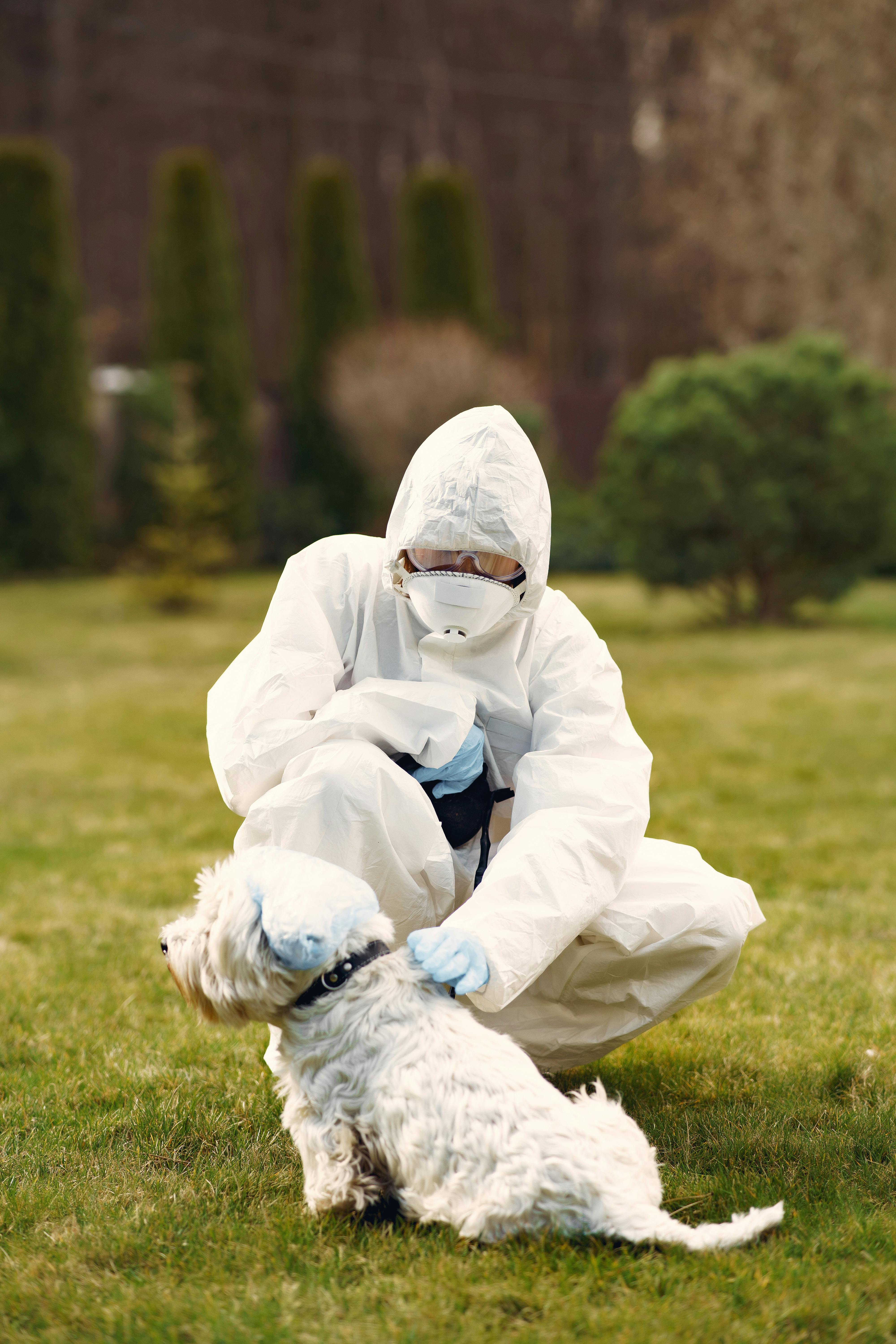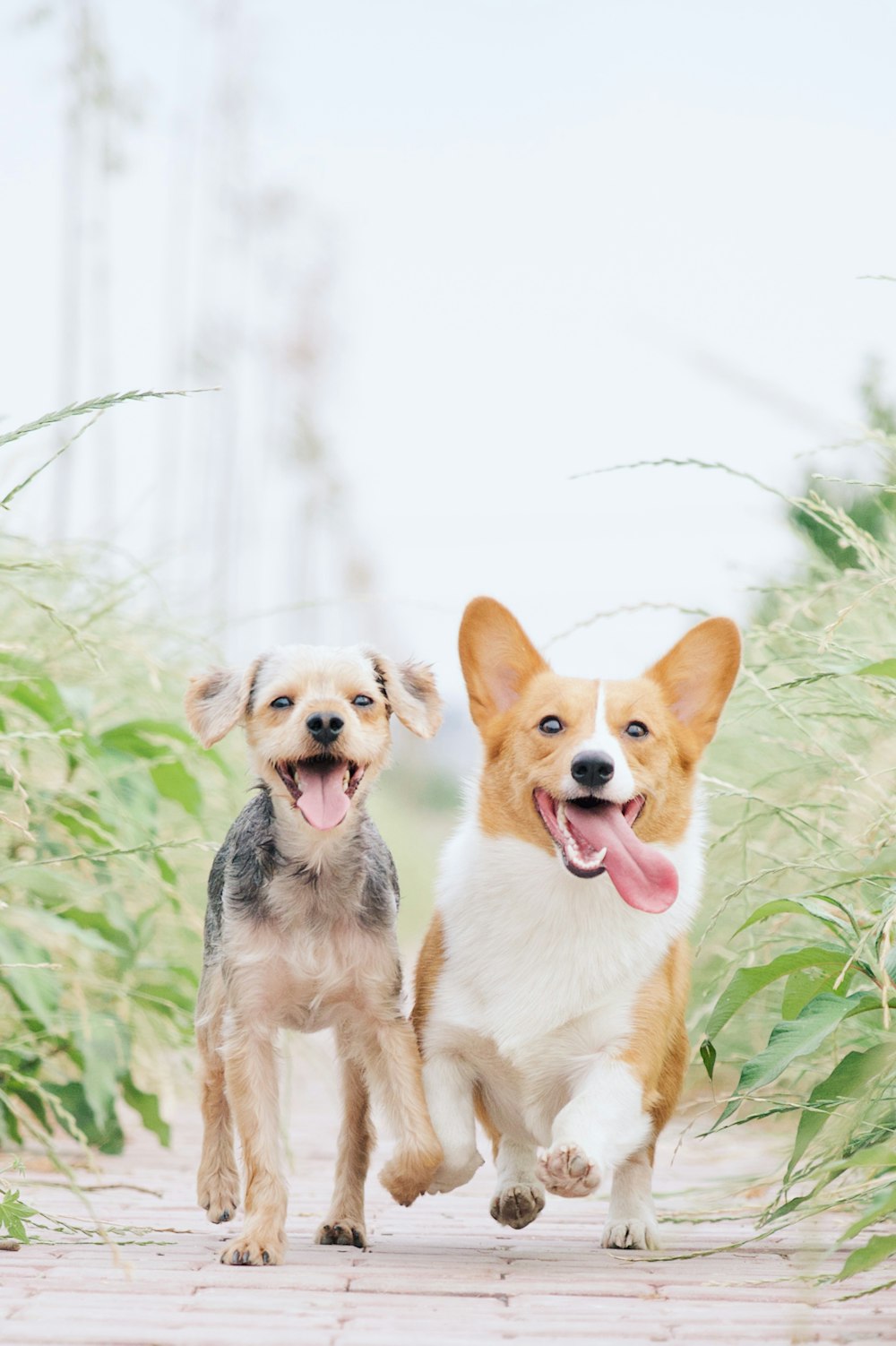All Categories
Featured
Table of Contents
- – Introduction: The Importance of Canine Coat Care
- – The Basics of Canine Coat Care
- – 1. Regular Brushing
- – 2. Proper Bathing Technique
- – 3. Regular Nail Trimming
- – 4. Balanced Diet and Hydration
- – 5. Regular Vet Check-ups
- – Troubleshooting Common Coat Issues
- – 1. Excessive Shedding
- – 2. Dry and Flaky Skin
- – 3. Matting and Tangles
- – 4. Skin Irritations and Allergies
- – Frequently Asked Questions (FAQs)
- – How often should I groom my dog?
- – Can I use human shampoos on my dog?
- – Are there any supplements that promote coat h...
- – dogs health: Unleashing Canine Wellness: Emp...
Introduction: The Importance of Canine Coat Care
As a dog owner, you want your furry friend to look and feel their best. A silky and shiny fur not only enhances your dog's appearance but also indicates their overall health and well-being. Proper canine coat care is essential for maintaining a healthy coat and minimizing common issues like matting, shedding, and skin irritations.
In this article, we will delve into the world of canine coat care and provide you with valuable tips and tricks to ensure your dog's fur remains lustrous and beautiful. From regular grooming practices to the significance of a balanced diet, we will cover everything you need to know to keep your canine companion's coat in top condition.
The Basics of Canine Coat Care
Keeping your dog's coat healthy requires a combination of regular grooming practices and proper nutrition. Here are some essential tips to get you started:
1. Regular Brushing
Regular brushing is crucial for removing loose hair, preventing matting, and distributing natural oils throughout your dog's coat. The type of brush you use will depend on your dog's breed and coat type. For dogs with long, flowing fur, a slicker brush or wide-toothed comb works well. Short-haired breeds may benefit from a bristle brush or a grooming glove.
When brushing, be sure to go gentle and avoid tugging or pulling on any knots or tangles. Start from the base of the hair and work your way up to the tip, using short, gentle strokes. Regular brushing sessions can also help you detect any skin issues or abnormalities early on.
Link: The Mood-Boosting Power of Dogs
2. Proper Bathing Technique
Bathing your dog regularly helps keep their coat clean and free from dirt, allergens, and parasites. However, it's essential to use a dog-specific shampoo that is gentle on their skin and coat. Human shampoos can strip away the natural oils, leading to dryness and irritations.
Before bathing, brush your dog's fur to remove any knots or tangles. Use lukewarm water and apply the shampoo carefully, avoiding contact with their eyes and ears. Rinse thoroughly to ensure no residue is left behind. Remember, excessive bathing can also lead to dry skin, so it's best to follow a bathing schedule recommended by your veterinarian.
Link: 10 Science-Based Benefits of Having a Dog
3. Regular Nail Trimming
Overgrown nails can be not only uncomfortable for your dog but also potentially lead to joint and posture issues. Regular nail trims are crucial to maintain your dog's overall health and prevent painful conditions. Invest in a good-quality nail trimmer designed for dogs and learn the proper technique from a professional groomer or your veterinarian.
If you're unsure about trimming your dog's nails, consider taking them to a professional groomer who can safely trim them for you. Regular walks on concrete or pavement can also help naturally wear down the nails, but it should not replace regular trimmings.
4. Balanced Diet and Hydration
What your dog eats directly affects the health and appearance of their coat. A balanced diet rich in essential nutrients, proteins, and healthy fats promotes a shiny and healthy coat. Consult with your veterinarian to determine the best diet for your dog's breed, age, and activity level.
In addition to a proper diet, ensure your dog has access to clean and fresh water throughout the day. Staying hydrated is crucial for maintaining healthy skin and a glossy coat.
Link: Health Benefits and Risks of Owning a Pet Dog
5. Regular Vet Check-ups
Regular visits to the veterinarian are essential for monitoring your dog's overall health, including their coat condition. Your vet will be able to detect any underlying health issues that may affect your dog's coat and recommend appropriate treatments or preventive measures. Your vet may also suggest supplements that can promote coat health, especially for breeds prone to certain skin conditions.
During these check-ups, your vet can also provide personalized advice on grooming practices and products that suit your dog's specific needs.
Troubleshooting Common Coat Issues
Despite our best efforts, occasional coat issues can still occur. Here are some common problems and their solutions:
1. Excessive Shedding
Shedding is a natural process for dogs, but excessive shedding can be a sign of an underlying health issue or inadequate grooming. Regular brushing helps remove loose hair and minimizes shedding. If shedding persists or increases significantly, consult your veterinarian to rule out any medical conditions.
Link: The Power of Pets
2. Dry and Flaky Skin
Dry and flaky skin can result from various factors such as allergies, weather conditions, or poor nutrition. Ensuring your dog's diet contains essential fatty acids can promote healthy skin and reduce dryness. Regular brushing, proper bathing techniques, and using a humidifier during dry seasons can also help alleviate dry skin issues.
3. Matting and Tangles
Matting and tangles can be painful and uncomfortable for your dog. Regular brushing sessions help prevent matting by removing loose hair and preventing knots from forming. For more severe matting, consider consulting a professional groomer who can safely remove the mats without causing any harm to your dog's skin.
Link: Canine Skin Disorders: An Overview
4. Skin Irritations and Allergies
Some dogs may experience skin irritations or allergies, which can lead to itchiness, redness, and rashes. Identifying the cause of these allergies, whether it's certain foods, grooming products, or environmental factors, is crucial. Consult your veterinarian for proper diagnosis and treatment options to alleviate your dog's discomfort.
Frequently Asked Questions (FAQs)
How often should I groom my dog?
Can I use human shampoos on my dog?
Are there any supplements that promote coat health?

dogs health - Elevating Canine Wellness: The Importance of Dogs' Health
Dog Physicals Elevating Canine Wellness: The Importance of Dogs' Health
More about dogs health: Expert Picks
dogs health: Unleashing Canine Wellness: Emphasizing Dogs' Health
Elevating Canine Wellness: The Importance of Dogs' Health
© 2024 - dogs health All Rights Reserved.
Table of Contents
- – Introduction: The Importance of Canine Coat Care
- – The Basics of Canine Coat Care
- – 1. Regular Brushing
- – 2. Proper Bathing Technique
- – 3. Regular Nail Trimming
- – 4. Balanced Diet and Hydration
- – 5. Regular Vet Check-ups
- – Troubleshooting Common Coat Issues
- – 1. Excessive Shedding
- – 2. Dry and Flaky Skin
- – 3. Matting and Tangles
- – 4. Skin Irritations and Allergies
- – Frequently Asked Questions (FAQs)
- – How often should I groom my dog?
- – Can I use human shampoos on my dog?
- – Are there any supplements that promote coat h...
- – dogs health: Unleashing Canine Wellness: Emp...
Latest Posts
Get Fit Under the Sky: Outdoor Fitness Tips
Nutrient-Dense Foods for a Better Tomorrow
Hamilton Creek: Quality Garage Doors with Customization Options in Austin
More
Latest Posts
Get Fit Under the Sky: Outdoor Fitness Tips
Nutrient-Dense Foods for a Better Tomorrow
Hamilton Creek: Quality Garage Doors with Customization Options in Austin
